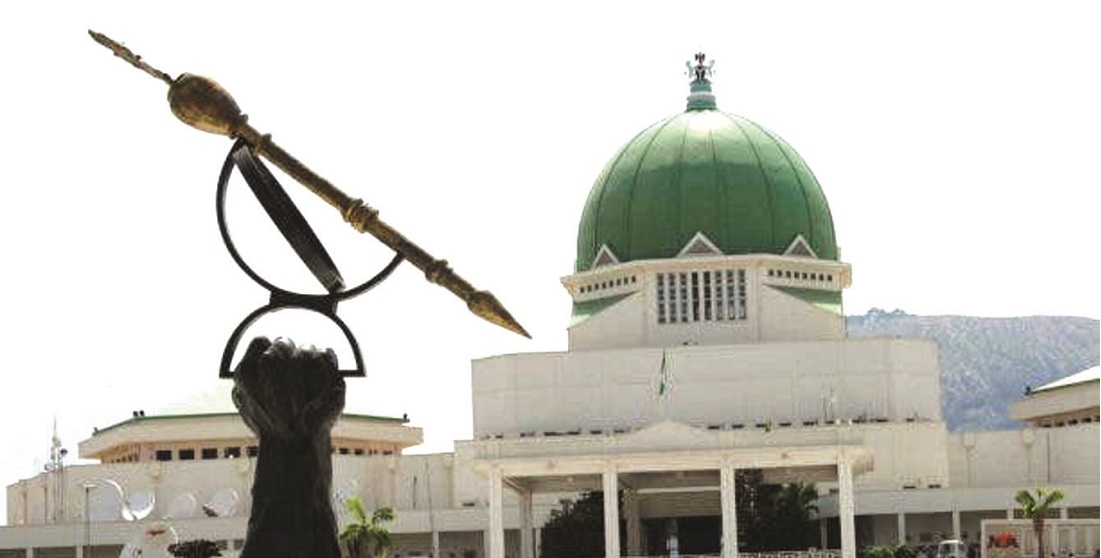The Senate and the House of Representatives have harmonized their positions on the Electoral Bill after the House of Representatives rescinded its decision not to support “consensus” as part of the mode of nominating candidates by political parties for elections.
The consensus candidacy was a new insertion to the contentious bill after President Muhammadu Buhari rejected it late 2021, citing cost and insecurity as reasons.
Advertisement
The House had frown at the new insertion and passed its version without the consensus provision.
But a motion titled: “Rescission on Clause 84 of the Electoral Act No.6 2010 (Amendment) Bill, 2022 and Committal to the Committee of the Whole” moved at plenary by the Leader, Senator Yahaya Abdullahi, allowed members to tackle the issue after behind-the-scene negotiation.
Senate President Ahmad Lawan said the position represents a harmonized version of the Electoral Bills passed by the Senate and the House of Representatives.
Lawan added that details of how the consensus option would be used by political parties have been spelt out in the Bill.
Advertisement
He expressed hope that President Muhammadu Buhari would sign the Bill when presented to him for assent.
In his lead debate, the Senate Leader, Abdullahi said the Senate, “Recalls that on Wednesday, 19 January, 2022, Section 84 of the Electoral Act No.6 2010 (Amendment) Bill was reconsidered in the Committee of the Whole following the withholding of Assent by the President C-in-C with observations;
“Observed that some fundamental issues which required fresh legislative action by both Chambers of National Assembly emerged on the Clause.
“These necessitated a Joint leadership meeting, in order to give Nigerians an enduring Electoral Act that can stand the test of time; and
“Relying on order 1(b) and order 52(6) of Senate Standing Order, 2022 as amended.
Advertisement
“Accordingly resolves to: Rescind its decision on the affected Clause of the Bill as passed and re-commit same to the Committee of the Whole for re-consideration and passage.”
When put to a vote, the single prayer in the motion was approved by the Senate during the Committee of the Whole.
Lawan then said, “Clause 84: Nomination of candidates by political parties. And this is a harmonized report.
“The House has the same report. By passing the amendment to 84, the mode of conducting primaries by parties to produce candidates, we have concluded on our task on the amendment to the Electoral Act No. 6, 2010 Bill.
“You will recall that the Senate and the House passed the Electoral Act (Amendment) Bill with slight difference.
“While the House passed the mode of primaries to be direct and indirect only, the Senate passed the mode of primaries to be direct, indirect and consensus.
Advertisement
“What we have done is to give very clear and sufficient definition to each mode of primaries.
“The direct primary is well defined and how it will be conducted. Ditto the indirect primaries. And for the consensus, the two Chambers have produced in this bill, very clear definition of how the consensus candidate would emerge.
“Therefore, we are very glad that we have been able to achieve this consensus between the two chambers to arrive at this harmonized version and we are also very optimistic that Mr. President will sign the Bill.”
He said it’s the desire of the lawmakers to ensure that there’s reform in the electoral processes in Nigeria for better transparency, accountability and integrity to the satisfaction of Nigerians and the international community.
“When this is signed into law, political parties would have the responsibility of ensuring that they follow the law.
“Otherwise, they will end up missing the opportunity to participate in elections.”



